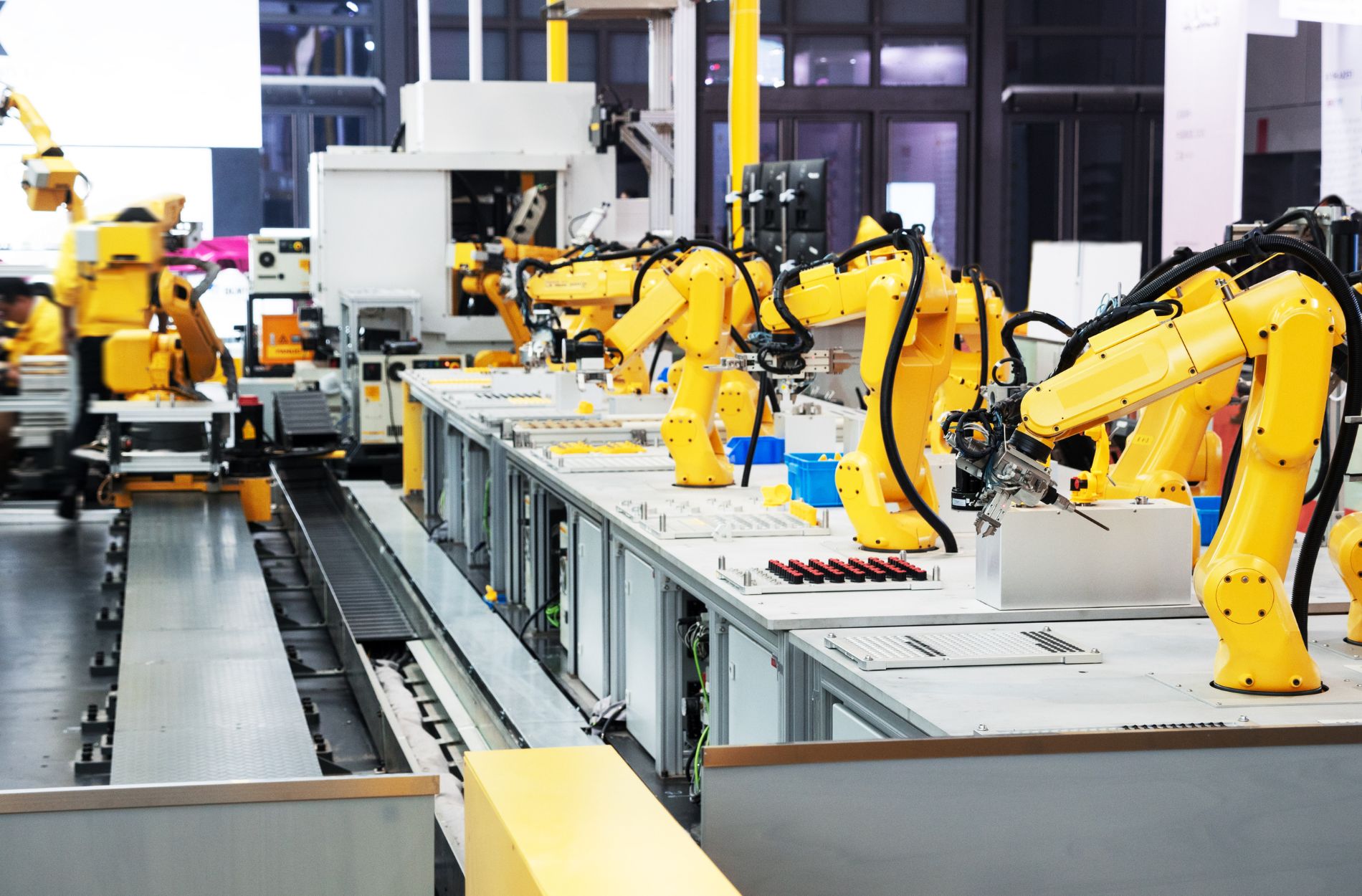
For small businesses operating in industries reliant on expensive equipment, the cost of purchasing, maintaining, and upgrading these vital resources can become a significant financial burden. However, access to advanced equipment can be critical for businesses to remain competitive and achieve growth in today’s rapidly evolving market landscape. One innovative financing solution that offers business owners an economically viable alternative to purchasing equipment outright is equipment leasing. By leasing essential machinery, vehicles, or technology instead of buying them, small business owners can preserve capital, enhance scalability, and achieve greater financial stability while maintaining a competitive edge.
In this comprehensive blog post, we’ll explore the various benefits of equipment leasing for small businesses, discuss the critical factors to consider when evaluating leasing options, and outline the steps for effectively implementing equipment leasing into your business model to fuel long-term growth and success. Our objective is to equip small business owners with valuable insights into the advantages that equipment leasing has to offer and provide practical guidance on leveraging this financial solution to unlock the full potential of their businesses.
As experts in business loans, equipment leasing, and merchant services, we understand the unique challenges faced by small businesses and are committed to empowering entrepreneurs with the knowledge, resources, and tailored financing solutions they need to thrive in today’s dynamic market environment. Join us as we take an in-depth look at equipment leasing for small businesses, offering actionable insights and invaluable advice to help you harness the power of this financial tool to drive sustainable growth and prosperity for your business.
Unlocking the Potential of Equipment Leasing for Small Business Growth
Access to advanced, reliable, and efficient equipment is essential for small businesses operating in industries ranging from construction and manufacturing to technology and transportation. Equipment leasing provides a financially sustainable solution for business owners to acquire the necessary resources without incurring significant debt or depleting cash reserves. Let’s dive into the numerous benefits of equipment leasing and discuss how it can contribute to the growth and success of your small business.
1. Cost-effective Access to Critical Resources
One of the most significant advantages of equipment leasing is the cost-effective access it provides to essential resources, allowing small businesses to maintain their competitive edge without breaking the bank. By opting to lease equipment instead of purchasing it outright, businesses can allocate their capital to other crucial aspects of their operations, such as marketing, staffing, or inventory management.
Avoid Upfront Costs
Purchasing equipment often involves significant upfront costs that can strain a small business’s budget. Equipment leasing eliminates these hefty expenses by spreading the cost over time, enabling businesses to acquire essential resources without placing undue financial stress on their operations.
Protection from Depreciation
Leasing equipment protects small businesses from the full impact of depreciation, as leased assets are typically returned to the lessor at the end of the agreement. This ensures that businesses are not left with outdated or depreciated equipment, preserving the value of their investments and maximizing return on investment.
2. Enhance Scalability and Flexibility
Equipment leasing offers small businesses the scalability and flexibility needed to adapt to changing market conditions and respond to evolving customer demands more effectively.
Upgrade to New Technology
Leasing agreements often allow businesses to upgrade their leased equipment to the latest technology during or at the end of the contract. This enables small businesses to stay at the forefront of technological advancements and maintain a competitive edge in their industry.
Adjust Equipment Needs
As businesses grow, their equipment needs may change. Equipment leasing offers the flexibility to adjust or expand your equipment inventory as needed, ensuring your business has the right resources to support its growth and meet changing demands.
3. Simplified Maintenance and Support
Equipment leasing agreements can simplify the maintenance and support process for small businesses, ensuring that their critical assets remain in optimal working condition.
Maintenance Assistance
Many leasing agreements include maintenance provisions, freeing up small business owners from the burden of organizing maintenance, dealing with repairs and part replacements, and addressing downtime issues.
Expert Support and Advice
Equipment leasing providers can offer valuable expert support and advice in choosing the appropriate equipment for your business, as well as guidance on best practices for operation and maintenance.
4. Tax Benefits and Improved Cash Flow Management
Equipment leasing can offer potential tax benefits and help to improve cash flow management for small businesses:
Potential Tax Benefits
Under Section 179 of the IRS Tax Code, businesses can potentially deduct the full cost of leased equipment during the year the equipment was put into service. Consult with a tax professional to determine if your business is eligible for this deduction.
Predictable Monthly Payments
Leasing equipment typically involves consistent monthly payments, allowing small businesses to manage their cash flow more effectively and plan their budgets with greater accuracy.
Factors to Consider when Evaluating Equipment Leasing Options
Before deciding to embark on an equipment leasing agreement, it’s crucial to consider several factors, including the leasing terms, potential hidden fees, and overall suitability of the equipment for your specific business needs. Additionally, comparing leasing rates and deals from multiple providers can help you find the best fit for your business’s financial situation and goals.
Conclusion
Equipment leasing is a powerful financial tool that can provide small businesses with cost-effective access to critical resources, enhance scalability and flexibility, simplify maintenance and support, and offer potential tax benefits. By strategically implementing equipment leasing into your business model, you can unlock the full potential of your operations and fuel long-term growth and prosperity. Reach out to us for more information on how we can help you harness the power of equipment leasing to drive success and growth for your small business. Learn more about our business loans for online businesses.



